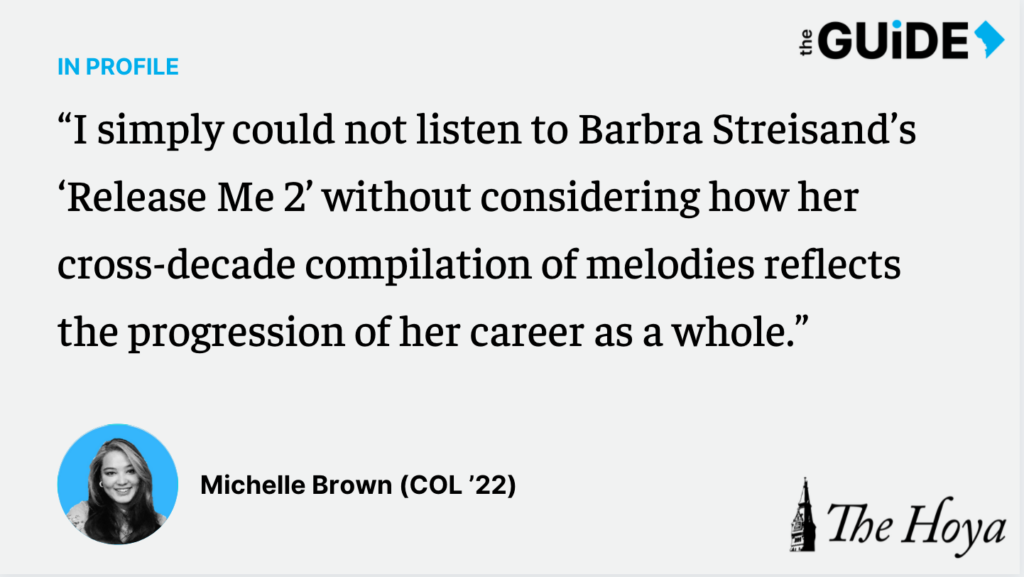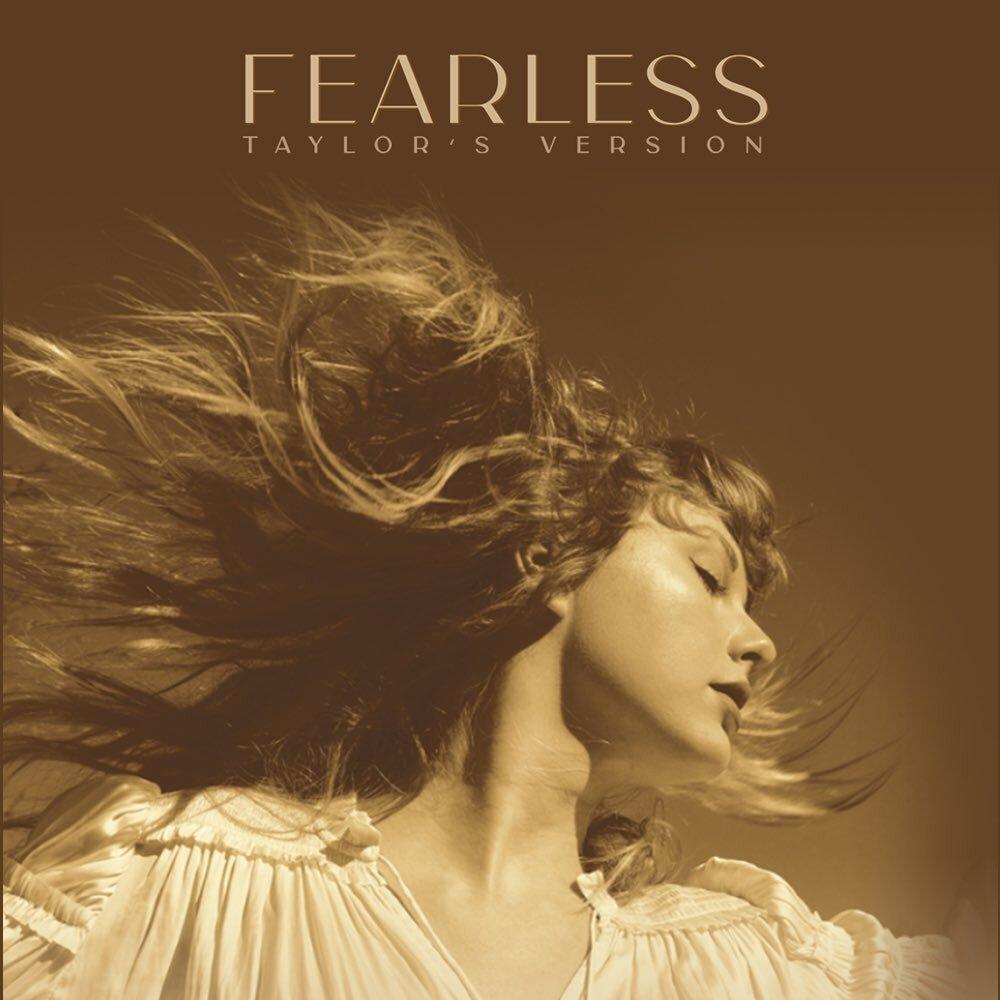★★★★★
Angel Olsen’s penchant for dramatic, rhapsodic melodies that crescendo into cathartic ecstasy intensifies across her latest release, “All Mirrors,” which is arguably her best album yet. Olsen showcases her growth as an artist, while delivering the powerful harmonies that motivated her earlier work.
Olsen’s previous studio album, “My Woman,” was full of inspiration from classic rock, including the dynamic “Sister,” an eight-minute slow burn that culminates in a virtuosic headbanging guitar solo. This shift marks a departure from her 2017 compilation album “Phases,” which served as a stylistically transitional work in her catalog, straddling both rock and folk genres.
Olsen decided to stylistically shy even further from her folksier beginnings. The bare-bones guitar and almost indecipherable vocals of 2014’s “Burn Your Fire for no Witness” are no more. This time, tracks are backed by blustering instrumentals, synthesizers, piano and soaring strings.

This sonic departure is not a huge surprise, “with her recent work foreshadowing this change.” Her 2019 feature on “True Blue,” a hypnotic lament on Mark Ronson’s heartbreak dance album “Late Night Feelings,” reads like an emotional prelude and a gateway to the dazzling production of “All Mirrors,” albeit without a disco beat. This conversion into a considerably more pop sound, all while retaining her reflective, emotionally jarring lyrical abilities, is a welcome progression.
The album’s title track and lead single perfectly encapsulate emotional oscillation, reflecting and refracting in reaction to one’s daily iterations. Olsen deftly writes about the common experiences of love, loss, loneliness and isolation throughout the album, but she still but gives herself enough room to avoid emotional stagnancy by showcasing maturity. The vagueness of her lyrics are purposeful, allowing the listener to apply and contextualize its meanings to their own lives.
The synth beat in “Too Easy” is reminiscent of something Tame Impala would have recorded, while “New Love Cassette” features a powerful string section, sounding reminiscent of particular string flourishes heard in songs by The Beatles.
Even at her softest, the emotion of her voice is palpable. The mumbling and meandering vocals of her earlier works have now clearly been exchanged in favor of a louder, enunciated performance. This quality shines through especially in “Impasse,” where Olsen’s almost ritualistic incantations grow more and more pronounced after each repetition.
In “Spring,” a mid-album, piano-laced ballad, Olsen sings, “Guess we’re just at the mercy of the way that we feel,” with a sense of resignation, playing into her message of accepting one’s irreversible emotional fate. The light, twinkling melody stays with the listener long after the song ends.
Olsen does her best to not lure the reader into a sense of complacency with an accepted style. She showcases her broad range and ability to thrive in multiple musical settings across the track listing and the changes between tracks do everything to highlight this dichotomy.
Immediately after the enrapturing disassociative daydream sequence, Olsen captivates in “What It Is,” a song led by a marching synth-lined drum beat, with the occasional symphonic flutter carrying the song to new heights.
With the help of producer John Congleton, who also worked on sad pop songstress Lana Del Rey’s triumphant album “Norman F—–g Rockwell,” “Tonight” formulates a cinematic atmosphere that envelops the entire work completely and coherently. It is, like her previous works, an exercise in catharsis, with its instrumental embellishment only amplifying the emotional weight of every word and every note. Stripped of all of this luxurious production, “Tonight” could easily have found itself on her 2012 debut album.
At the latter end of the LP, The tonal shifts of “Endgame” play with the listener. At first, she is far away, her voice echoing along the gentle string playing in harmony with the slow tempo of the piano. The echoing ceases, and just for a moment, her breathy, unadulterated timbre is heard very clearly. The final track on the LP, “Chance,” a sentimental track musing on romance, complete with a Percy Faith-like orchestral arrangement and a ’50s piano chord progression.
Olsen does not hide behind an outsized sound, a trap which other artists often fall into. Rather, she nestles herself comfortably and organically within this new sonic landscape. With or without the flourishes of synth harmonies or exquisite string sections, the album offers a dynamic and powerful listening experience.
Whether she decides to return to the more humble, threadbare artistry from which she began or press further into this newfound exploration of substantial pop, Olsen has proven time and time again that she can do no wrong.




















Pam Anglin • Jul 17, 2021 at 12:23 pm
She is a powerful woman